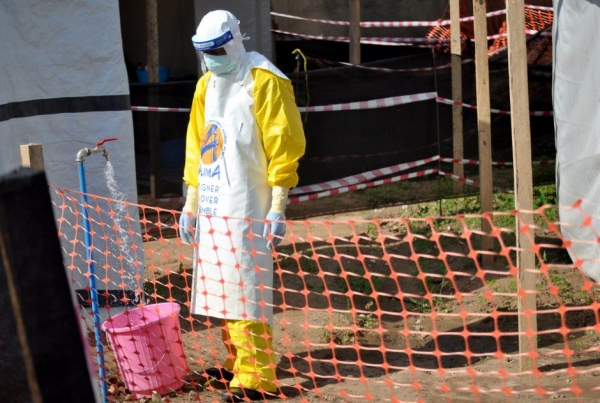On 23 September 2018, a rebel attack in the Democratic Republic of the Congo (DRC) killed at least 18 people according to Reuters. Kizito Bin Hangi, local civil society leader, said that violence broke out following a clash between Congolese troops and militants thought to be part of the Allied Democratic Forces (ADF).
Army and local officials reported that of the 18 killed, four were soldiers and 14 were civilians. The Ugandan Islamist group ADF has existed in the Beni region since 1995 and historically has been involved with cross-border fighting with the Ugandan army, massacres of civilians, and attacks on UN peacekeepers, according to the New York Times. Local civil society organisations report that the group has killed over 1,500 people and kidnapped over 800 people over the past four years. The attack occurred in the town of Beni, located near the Ugandan border in the North Kivu province.
This attack has caused ripple effects on instability in the area, as North Kivu is the location of a recent Ebola outbreak. Within the area and the neighboring Ituri province, 154 cases of Ebola have been reported, resulting in the deaths of 101 people according to the World Health Organization (WHO). Since early August, humanitarian workers have been managing an operation focused on monitoring and controlling this outbreak. Following the attack, the WHO had to momentarily suspend these operations. On 25 September, 80 percent of people requiring monitoring due to a risk of developing Ebola in and around Beni were unreachable.
The WHO warned that the increase of violence in the area could severely worsen the ongoing outbreak, saying that the risk of the outbreak reaching Uganda is “very high.”
To know more, please read:
https://news.un.org/en/story/2018/09/1021322
https://www.nytimes.com/2018/09/28/health/ebola-congo-uganda.html
http://www.who.int/csr/don/27-september-2018-ebola-drc/en/
by Cecilia D'Arville
editing by Shrabya Ghimire







